The Alan M. Voorhees Transportation Center (VTC) at Rutgers University proudly announces Leigh Ann Von Hagen as its new Executive Director.
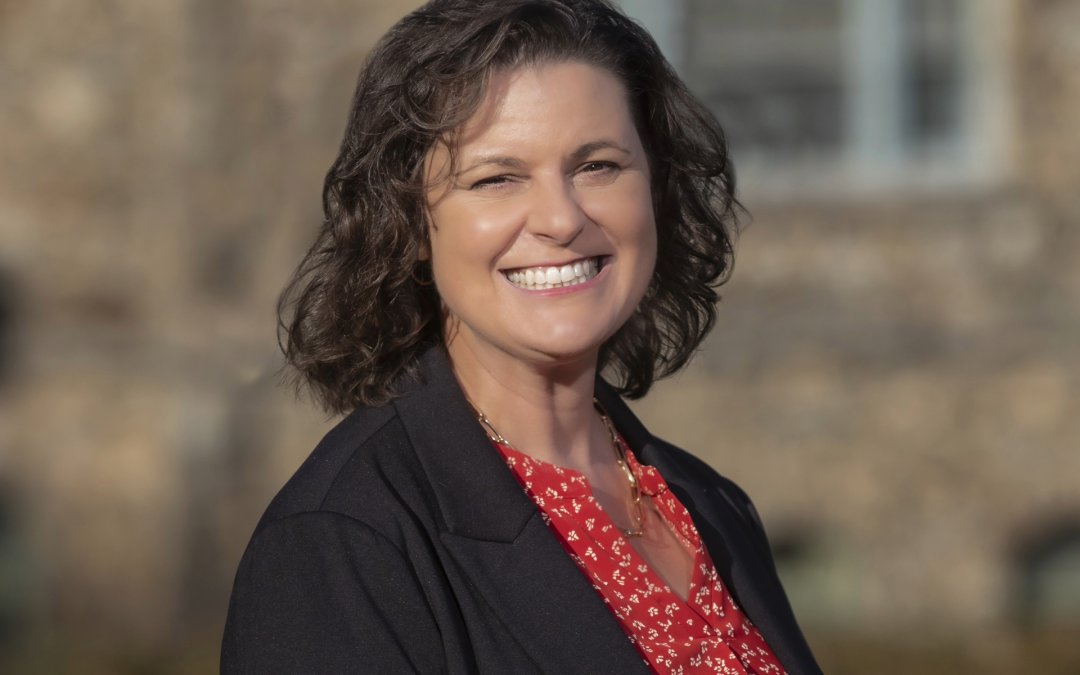

The Alan M. Voorhees Transportation Center (VTC) at Rutgers University proudly announces Leigh Ann Von Hagen as its new Executive Director.
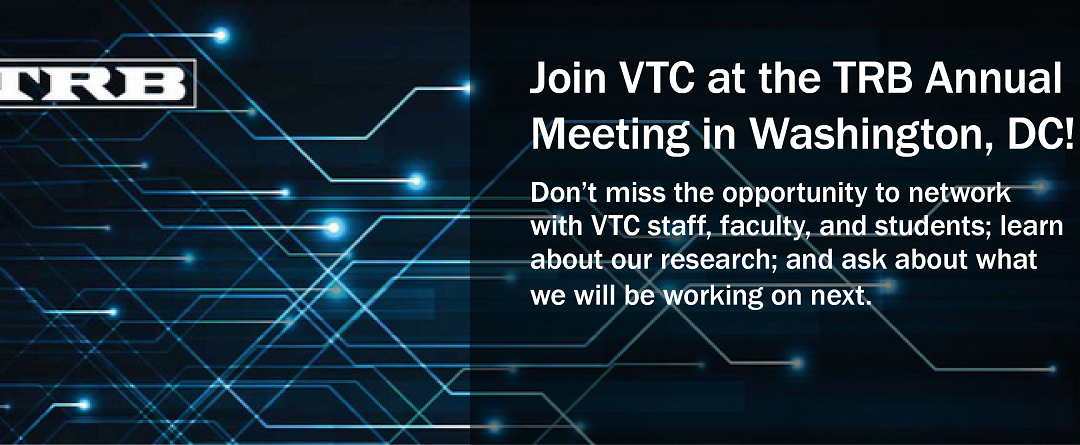
Join VTC at the TRB Annual Meeting in Washington, DC! Don’t miss the opportunity to network with VTC staff, faculty, and students; learn about our research; and ask about what we will be working on next.
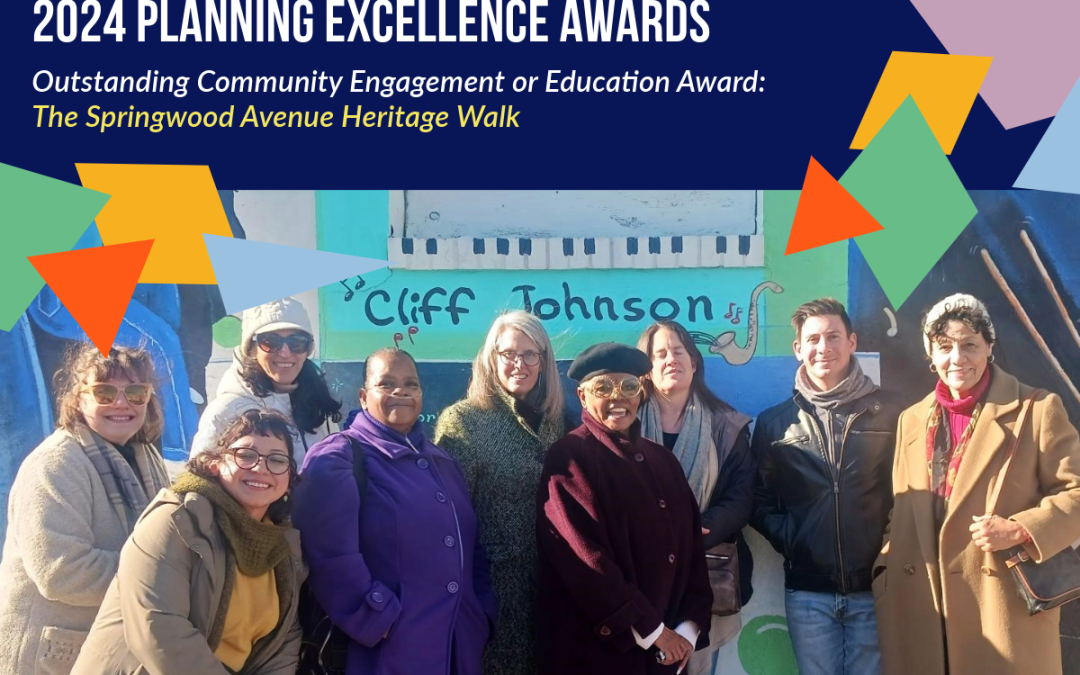
Through this virtual tour, we celebrate the vibrant cultural legacy of Springwood Avenue in Asbury Park, highlighting its pivotal role in mid-20th-century African American life and culture. The project delves into themes of art, music, entrepreneurship, and advocacy, sharing insights from community members and featuring historical photos, maps, personal stories, and archives contributed by dedicated project partners. Together, we bring the rich history of Springwood Avenue to life.
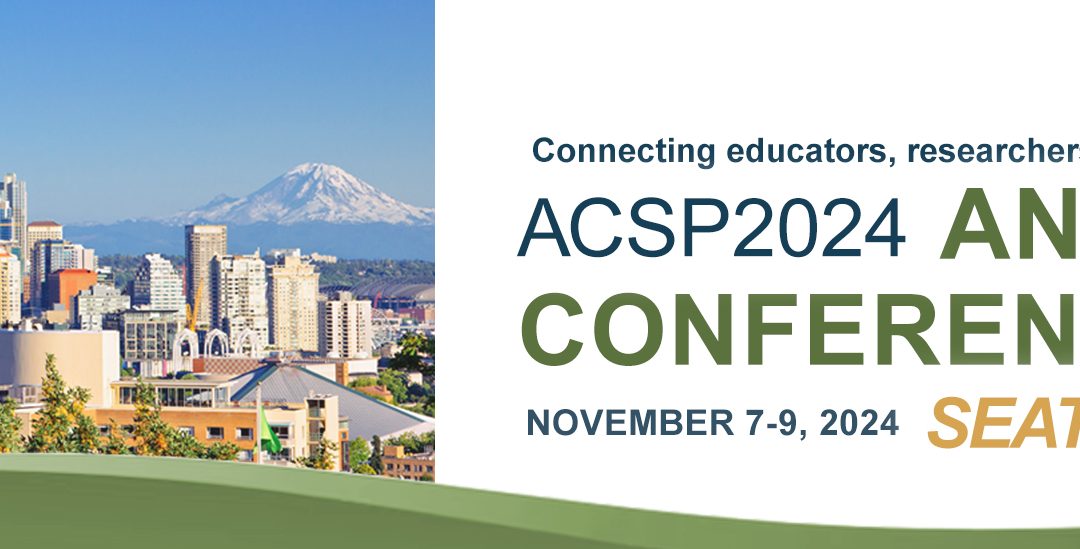
Look for VTC and others from the Bloustein School at the annual conference of the Association of Collegiate Schools of Planning (ACSP) in Seattle!
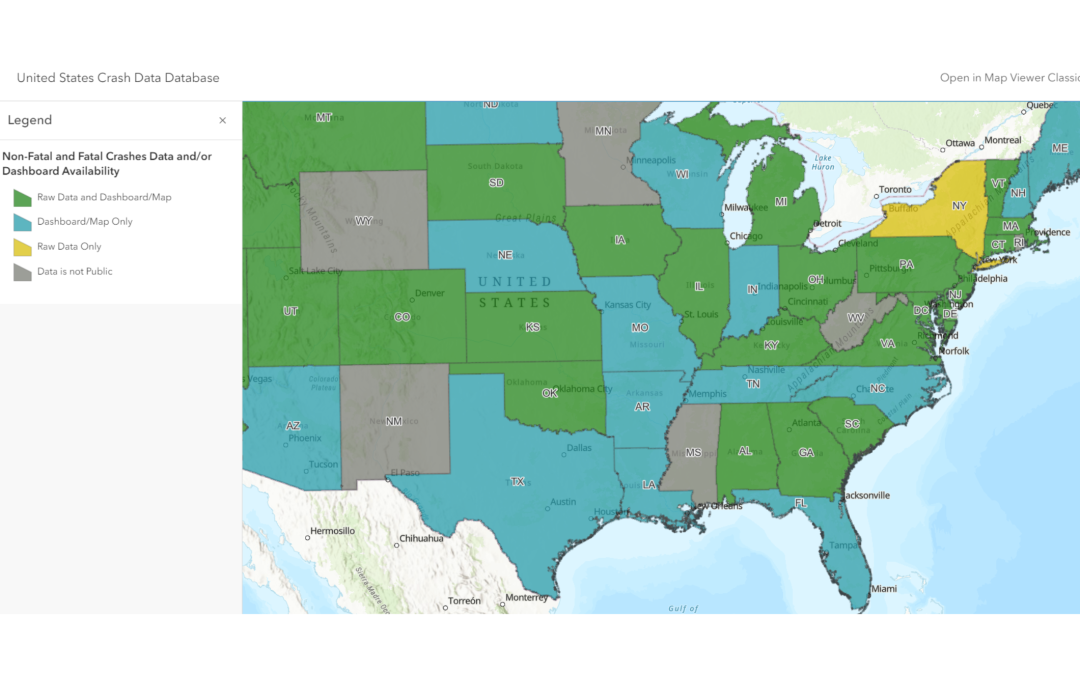
In a recent blog, Hannah Younes and Robert B. Noland highlight New Jersey’s lack of easy public access to non-fatal traffic crash data.
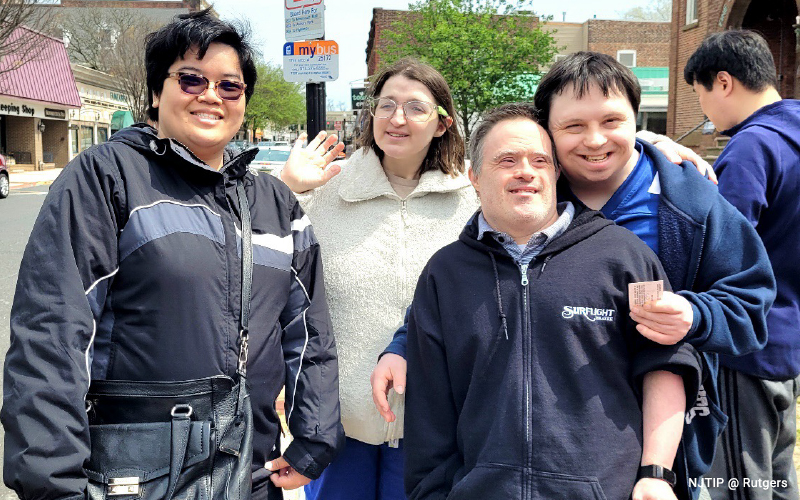
NJTIP @ Rutgers received grant funding in 2024 to provide group travel instruction to a select number of current and past Inclusive Healthy Community (IHC) program grantees.
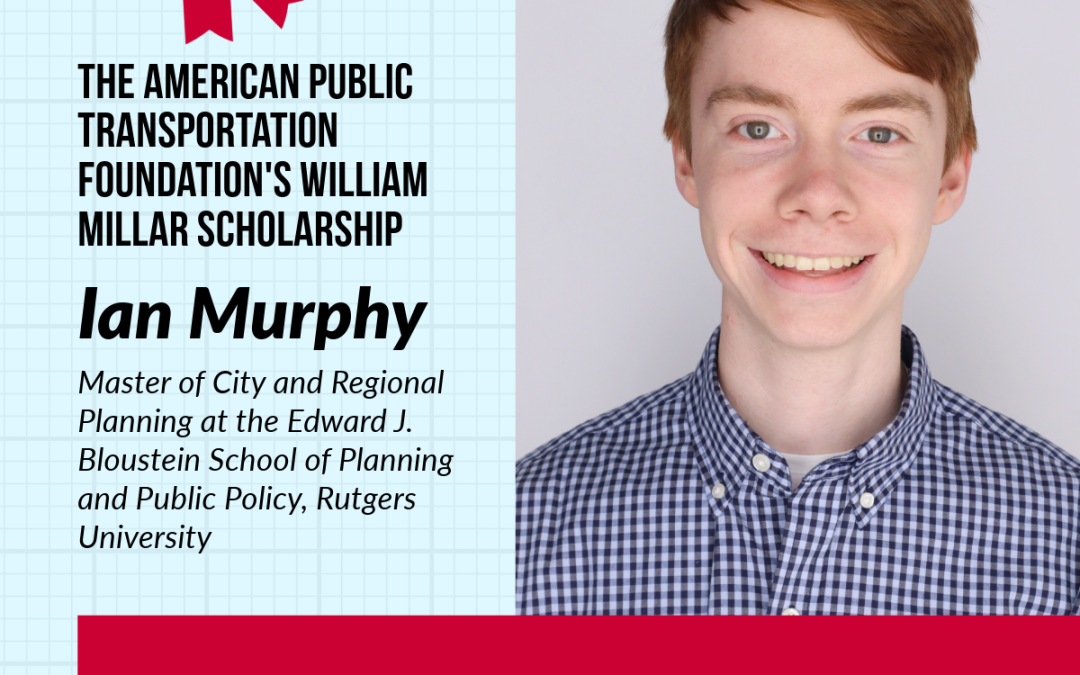
Congratulations to Ian Murphy on Receiving the American Public Transportation Foundation’s William Millar Scholarship!
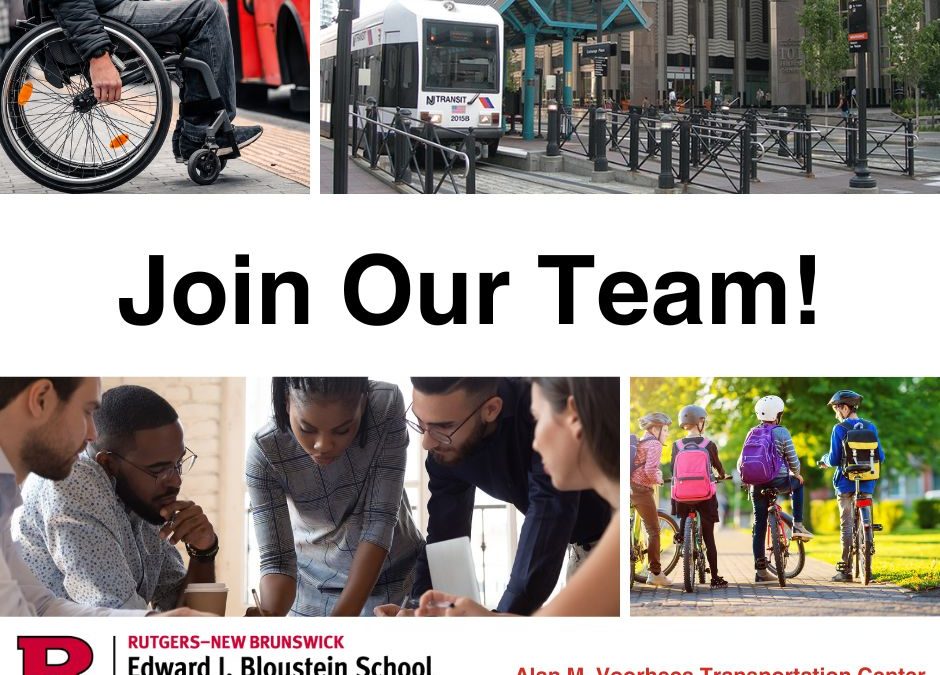
The Alan M. Voorhees Transportation Center at Rutgers, The State University of New Jersey seeks qualified candidates for the Executive Director position.

The Alan M. Voorhees Transportation Center at Rutgers, The State University of New Jersey seeks qualified candidates for the Executive Director position.
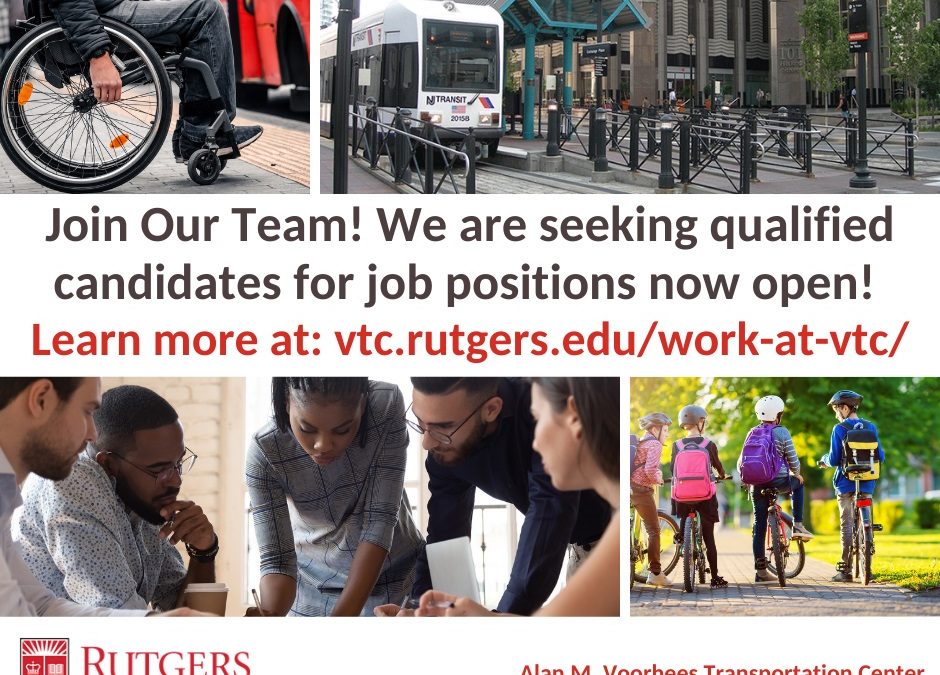
The Alan M. Voorhees Transportation Center at Rutgers, The State University of New Jersey seeks qualified candidates for the Research Project Coordinator II position.
We contribute to the literature on new mobilities by measuring spatial disparities in travel times for accessing essential non-work destinations via ridehailing. We focused on healthcare, restaurants, and grocery destinations in Chicago. Data from Chicago ridehailing...
How and why do zero-car households seek car access? We used a national online survey of 830 American adults and interviews with twenty-nine low- and moderate-income travelers about their car access behaviors to answer this question. We validated our findings with the...
We examine who can work from home during the pandemic and whether this behavior will persist post-pandemic by conducting two representative online surveys in New Jersey. Results suggest those with higher educational attainment, higher incomes, and prior experience...
As travel costs fall with new capacity, the quantity of travel increases. This concept—induced travel—has profound implications but remains unevenly embraced in practice. Do instructors teach it in transportation engineering classrooms? What explains their pedagogical...